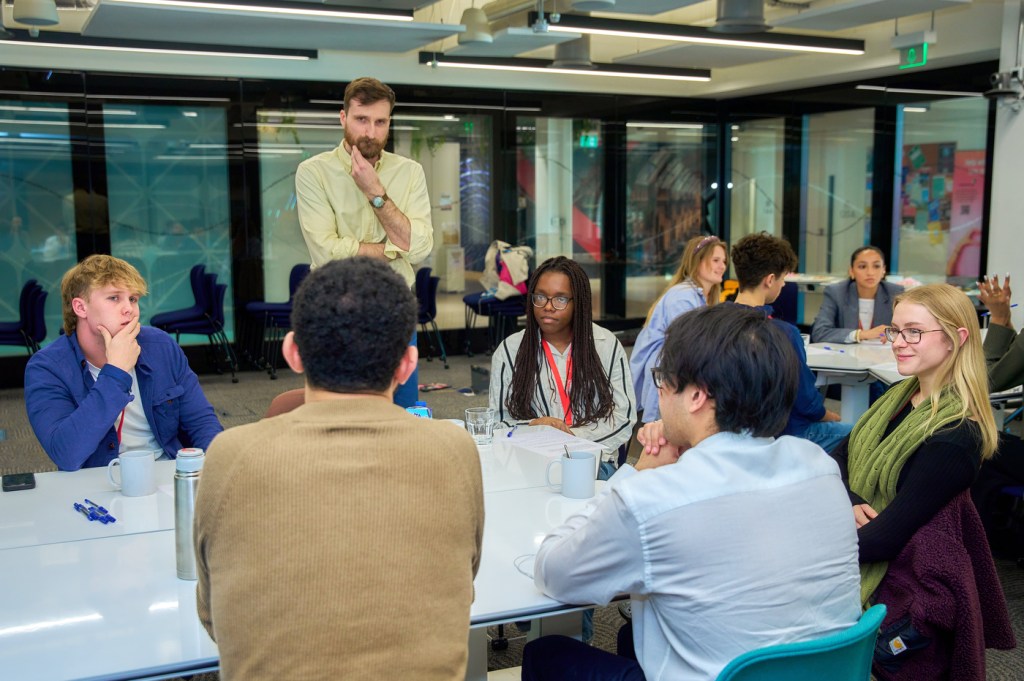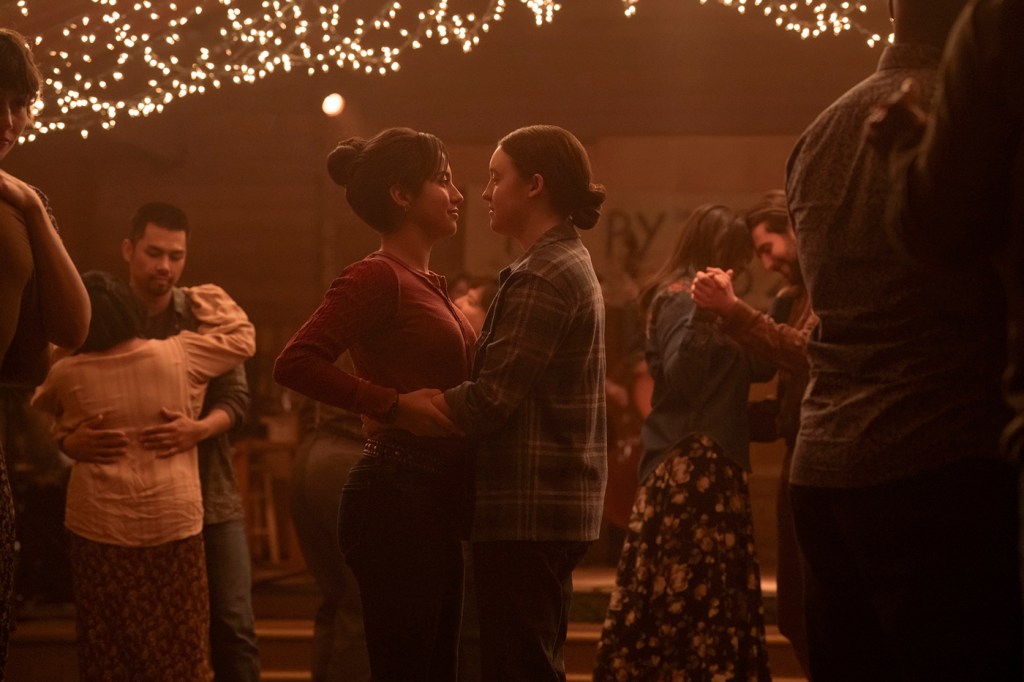From politics to sports, Reddit conversations narrow and intensify before major events, new research finds
Riccardo Di Clemente, a network scientist at Northeastern University in London, found that interactions on topics ranging from the Super Bowl to Brexit developed in similar ways on the social media platform.

LONDON — Sports fans and politics buffs are not all that different in how their interactions evolve online as major events approach, new research has found.
As a big game or a major election edges closer, a recent study of user interactions on the social media platform Reddit found that conversations move from being diverse and sporadic to becoming more excitable and focused.
The language used in user posts also becomes more repetitive as the event nears.
The findings were made by Riccardo Di Clemente, associate professor in the Network Science Institute at Northeastern University in London, and academic colleagues in a peer-reviewed paper titled: “Highly engaging events reveal semantic and temporal compression in online community discourse.”
It did not matter whether the event was the Super Bowl or the U.K.’s Brexit deadline, researchers found that the way interactions on Reddit developed was the same across a range of different sporting and political scenarios that they studied.
“The recurring patterns we discovered,” the paper says, “are persistent across a wide range of events and several contexts, representing a fingerprint of how online dynamics change in response to real-world occurrences.”
It was the GameStop craze of 2021 that convinced Di Clemente to take an in-depth look at the way online Reddit conversations were influencing the “offline” world and vice versa.
The GameStop phenomenon saw a band of Reddit users and amateur day traders swing the fortunes of the American video game company upward using a short squeeze tactic, in a rallying move against Wall Street hedge funds that were betting against the stock, to drive its value from $5 to $120 per share in four weeks. It was the subject of the 2023 film “Dumb Money,” starring Paul Dano.
“It was after what happened with GameStop that we thought, ‘OK, maybe it is worth us studying this,’” Di Clemente says.

The network scientists’ collaborative Reddit study led to a series of papers, including his latest publication in the PNAS Nexus journal about how online discourse changes in the lead-up to offline events.
To understand how users interacted with one another, the academics focused on the subreddits discussing U.S. politics (r/politics) and European politics (r/europe), as well as professional basketball (r/NBA) and American professional football (r/NFL).
The Reddit dataset comprised of more than 60 million comments, with a time range spanning from Jan. 1, 2020, to Jan. 31, 2021, a period that covered a broad range of events such as the COVID-19 pandemic, the 2020 U.S. elections, Black Lives Matter protests, the NFL playoffs and the NBA draft.
“In order to track the impact of offline events on Reddit interactions, we used two metrics,” Di Clemente explains. “One was the time of the interaction. It was about looking at, when someone comments on a topic, how fast someone else then interacted with them.
“We found that the closer we got to the event, people were getting more excited and they wanted to comment a little bit more, so they were interacting with each other more often.”
The other metric used by the researchers — which included Giulio Cimini, Anna Mancini and Antonio Desiderio from the University of Rome Tor Vergata — was user word choice. They used machine learning approaches to evaluate how the vocabulary of the words chosen by users to express themselves would begin to narrow as posts started to be made faster and about fewer topics.
“We found that there was a convergence in the language that people used,” Di Clemente adds, “so we discovered that people began to talk about the same few topics and that they even used the same language as each other.”
Editor’s Picks

Lack of transparency on deadly romaine lettuce E. coli outbreak by the FDA criticized by Northeastern food safety expert

Sinners,’ Michael B. Jordan plays identical twins, but what does the movie get right and wrong about these sibling relationships?

Pitch, Please! is winning a cappella competitions by ‘committing to weird things’

How this award-winning Northeastern student found his future career saving struggling companies

After 40-plus years in journalism, this Northeastern grad is back leading a local newsroom in the age of news deserts
Di Clemente, a sports fan and follower of the Italian Serie A soccer team Lazio, turns to a well-discussed topic to put the findings into context.
“Let’s imagine we have an important match approaching, like the final of the UEFA Champions League, for example,” he continues.
“Two weeks before, people might start talking about a particular player that they don’t think will make the starting eleven or another player who is an injury concern. Or maybe they think there is a problem with the tactics or others are saying the team has really gelled in recent weeks. There are many different topics that are part of the conversation in the lead up to the events.”
He explains that, as topics are closed off — that a previously injured player, for example, may have recovered in time for the final — the conversation starts to hone in on a few remaining key topics in the days before the game.
“As we get closer to the event,” he adds, “we will notice that people are reacting faster while focusing on fewer topics. Ahead of the event, fans are discussing all the different possibilities — but then as we approach it, we are maybe just focusing on the fact that Cristiano Ronaldo has an injury and everyone is talking about how the team could work around that issue.”
Di Clemente says the same is true in the leadup to political elections, where a number of issues at the start of the campaign disseminate into the select few that voters and politicians are most focused on in the days before the vote, with interest and interactions becoming more frenetic both online and offline as time passes.
“I think that everybody knows that, as humans, we always get excited as we approach events — it is a natural reaction in the course of our lives,” he says.






